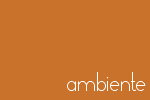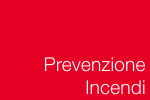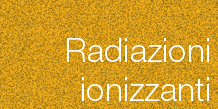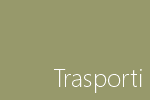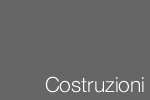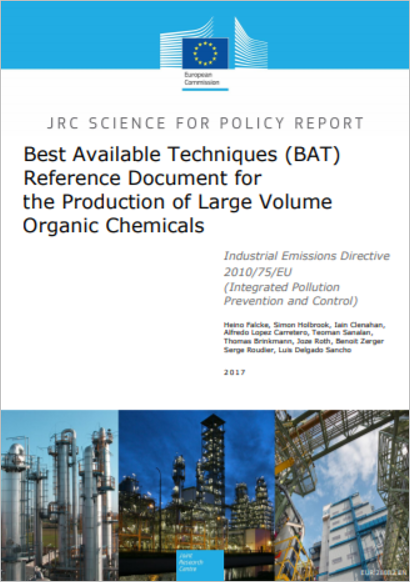Best Available Techniques (BAT) Reference Document for the Production of Large Volume Organic Chemicals
Industrial Emissions Directive 2010/75/EU (Integrated Pollution Prevention and Control)
The Best Available Techniques (BAT) Reference Document (BREF) for the Production of Large Volume Organic Chemicals is part of series of documents presenting the results of an exchange of information between EU Member States, the industries concerned, non-governmental organisations promoting environmental protection, and the Commission, to draw up, review and – where necessary – update BAT reference documents as required by Article 13(1) of Directive 2010/78/EU on Industrial Emissions (the Directive). This document is published by the European Commission pursuant to Article 13(6) of the Directive.
The BREF for the production of Large Volume Organic Chemicals concerns the production of the following organic chemicals, as specified in Section 4.1 of Annex I to Directive 2010/75/EU:
a. simple hydrocarbons (linear or cyclic, saturated or unsaturated, aliphatic or aromatic);
b. oxygen-containing hydrocarbons such as alcohols, aldehydes, ketones, carboxylic acids, esters and mixtures of esters, acetates, ethers, peroxides and epoxy resins;
c. sulphurous hydrocarbons; d. nitrogenous hydrocarbons such as amines, amides, nitrous compounds, nitro compounds or nitrate compounds, nitriles, cyanates, isocyanates;
e. phosphorus-containing hydrocarbons;
f. halogenic hydrocarbons;
g. organometallic compounds;
k. surface-active agents and surfactants.
This document also covers the production of hydrogen peroxide as specified in Section 4.2 (e) of Annex I to Directive 2010/75/EU; and the combustion of fuels in process furnaces/heaters, where this is part of the abovementioned activities. The production of the aforementioned chemicals is covered by this document when it is done in continuous processes where the total production capacity of those chemicals exceeds 20 kt/yr. While the main aim of the LVOC BREF is to facilitate reduction of emissions from chemical processes, other environmental issues - like energy efficiency, resource efficiency, wastes and residues - are also covered.
This BREF contains 14 Chapters.
Chapters 1 and 2 provide general information on the Large Volume Organics industrial sector and on generic industrial production processes used in this sector.
Chapters 3 to 12 provide general information , applied processes and techniques, current emission and consumption levels, techniques to consider in determination of BAT and emerging techniques for various illustrative processes: lower olefins, aromatics, ethylbenzene and styrene, formaldehyde, ethylene oxide and ethylene glycols, phenol, ethanolamines, toluene diisocyanate and methylene diphenyl diisocyanate, ethylene dichloride and vinyl chloride monomer and hydrogen peroxide.
Chapter 13 presents BAT conclusions as defined in Article 3(12) of the Directive.
Concluding remarks and recommendations for future work are presented in Chapter 14.
JRC 2017
add more in attachment
Collegati




